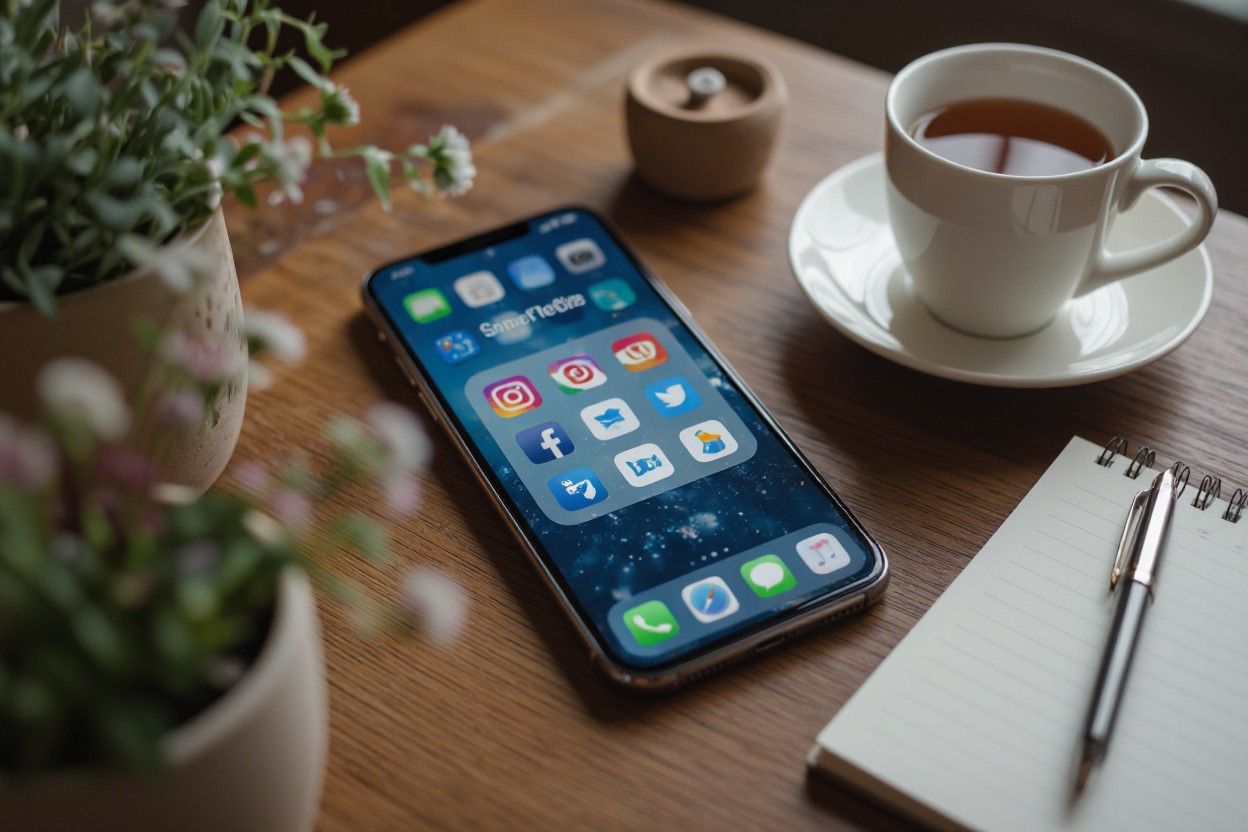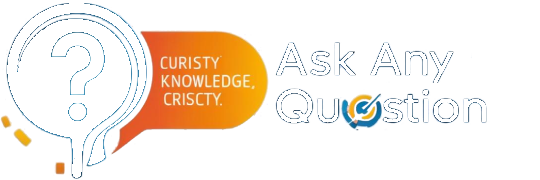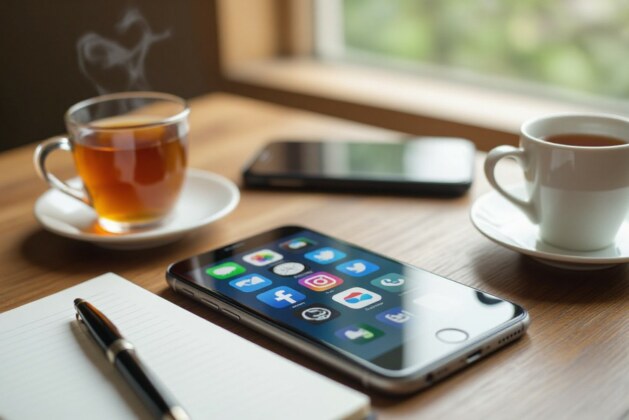Most people don’t realize how deeply social media can impact their mental well-being. As a mental health expert, I have seen firsthand how constant exposure to social media increases anxiety, depression, and lowers self-esteem. You might find that removing these apps from your device can free your mind from unnecessary stress and improve your daily focus. In this guide, I will explain why deleting social media isn’t just about disconnecting but prioritizing your mental health for a more balanced and fulfilling life.
The Psychological Toll of Constant Connectivity
Being perpetually connected via social media means your brain rarely gets a break from incoming notifications and updates. I see many people struggling with sleep disruptions and heightened stress levels, tied directly to the nonstop digital noise demanding their attention. This constant stimulation triggers the brain’s stress response, increasing cortisol, which can worsen anxiety and reduce your ability to focus. Over time, this relentless connectivity drains mental energy and leaves you feeling exhausted, despite spending hours engaging online.
Anxiety and Social Comparison
| Issue | Explanation |
| Anxiety | Continuous exposure to curated posts fosters a cycle of worry, as you often fear missing out or not measuring up to others online. |
| Social Comparison | Comparing your real life to others’ highlights can ignite feelings of inadequacy, even though these portrayals are typically filtered and unrealistic. |
The Impact on Self-Esteem
The abundance of social media feedback can distort your perception of self-worth. I notice that likes and comments often become artificial measures of value, leading to increased self-criticism when engagement is low. Research indicates that adolescents spending more than three hours daily on social platforms show greater signs of low self-esteem and depressive symptoms. Relying on external validation sabotages your internal confidence and fosters dependency on approval from others to feel good about yourself.
Diving deeper, the constant comparison and pressure create a feedback loop where self-esteem becomes tightly coupled with online performance rather than intrinsic qualities. This dynamic can perpetuate negative self-talk and reduce resilience against criticism. Gradually, you may internalize unrealistic ideals propagated by influencers and peers, affecting how you view your body image, achievements, and relationships. Breaking free from this social media cycle is necessary for restoring authentic self-acceptance and mental well-being.

Disruption of Mental Peace: The Time Drain Effect
Social media apps consume an overwhelming amount of your daily time, often without you realizing it. Studies show users spend an average of 2.5 hours per day scrolling, cutting into moments that could foster mindfulness or relaxation. This constant engagement fragments your attention and reduces periods of uninterrupted mental peace, leaving your brain in a state of overdrive and impairing your ability to unwind effectively at day’s end.
Productivity and Focus Declines
Interruptions from social media notifications derail your workflow, making it difficult to maintain deep focus on tasks. Each distraction requires a reset of your cognitive resources, and research indicates it can take up to 23 minutes to refocus after a single interruption. Consequently, your overall productivity drops, leading to more stress and a sense of never fully accomplishing your goals.
The Illusion of Connection vs. Reality
Engaging on social media often feels like building meaningful connections, but the reality is more superficial. The percentage of genuine, supportive interactions is surprisingly low compared to passive consumption and surface-level exchanges, which can leave you feeling lonelier despite the constant virtual contact.
Diving deeper, this illusion emerges because social media platforms prioritize quantity over quality of interactions. While you might amass hundreds of “friends” or followers, these relationships seldom offer the emotional sustenance found in face-to-face or truly personal conversations. Functional MRI studies have shown that these transient online interactions do not activate the same brain regions associated with social bonding and emotional support as real-world engagements, ultimately failing to fulfill your innate social needs. This disparity can breed a hidden sense of isolation, driving many users to compulsively check their phones in an unconscious attempt to fill an emotional void.
The Science of Addiction: Social Media’s Draw
The addictive nature of social media hinges on how our brains respond to notifications and likes, activating reward pathways designed for survival, not endless scrolling. Platforms optimize content delivery with algorithms tailored to keep you engaged, exploiting natural human urges for connection and approval. This engineered feedback loop often leads to hours lost and diminished mental well-being, as you chase validation in a cycle that mimics substance addiction’s grip on dopamine circuits.
Dopamine and the Cycle of Rewards
Every like, comment, or new follower sparks a burst of dopamine, the brain’s feel-good neurotransmitter, creating instant gratification. This chemical reward system encourages repeated behavior—checking notifications becomes instinctive, like responding to a Pavlovian bell. The unpredictability of social media rewards, akin to gambling, amplifies dopamine release, reinforcing compulsive use that can escalate to addiction-like symptoms over time.
Behavioral Triggers and Compulsive Use
Visual cues such as notification badges and vibration alerts serve as powerful behavioral triggers, compelling you to check your phone reflexively. These signals hijack attention, disrupting focus and reinforcing habitual engagement. Over time, you might find yourself scrolling absentmindedly, seeking brief relief from stress or boredom, only to deepen reliance on the platform for emotional regulation.
Diving further into behavioral triggers, ongoing exposure to tailored content cultivates a feedback loop where each interaction primes you for the next, often subconsciously. For instance, boredom or social anxiety might prompt a quick social media check, momentarily easing discomfort but fostering dependency. Studies reveal that this pattern not only fractures sustained attention but also increases vulnerability to anxiety and depression as users struggle to disengage from constant stimuli designed to capture and monetize their attention.

Practical Steps to Detox: Removing Social Media
Removing social media apps from your devices can provide immediate relief from digital overload. Begin by listing the platforms you use most frequently and note how often they interrupt your day. Setting a specific date to delete these apps encourages commitment and helps to mentally prepare for the transition. You don’t have to delete everything at once—gradually reduce usage by uninstalling one app at a time. This phased approach can ease withdrawal symptoms and improve your chances of a sustainable detox. Reflecting on your experience periodically keeps you aware of progress and potential pitfalls.
Assessment and Reflection: Is It Time to Go?
Evaluate how social media affects your mood, productivity, and relationships by tracking daily usage and emotional responses. If you notice increased anxiety, disrupted sleep, or constant distractions, these signs indicate a need for change. Asking yourself whether social media adds value or drains your mental energy helps clarify your priorities. Many find that after just a week without apps, feelings of calm and control significantly increase, confirming the benefits of stepping back.
Strategies for Successful Deletion
Setting clear, measurable goals enhances your chances of maintaining a social media-free lifestyle. Replace social media time with enriching activities like reading, exercise, or hobbies that support wellbeing. Inform friends and family about your decision to foster understanding and limit social pressure. Using app blockers during vulnerable times prevents impulsive reinstalling. Celebrating small victories, such as days without checking feeds, reinforces positive behavior and builds momentum over time.
Beyond these initial steps, consider scheduling regular digital sabbaths—full days without screens—to deepen your practice. Introducing mindfulness techniques can also reduce cravings to check notifications. If social connections feel threatened, explore alternative communication methods like phone calls or in-person meetings to maintain relationships without digital distractions. Tracking progress in a journal or app provides tangible feedback that strengthens resolve and imparts valuable insights into habit patterns.

Reclaiming Your Life: Benefits Beyond Deletion
Removing social media apps often sparks a ripple effect of positive changes beyond mere screen time reduction. You’ll find unexpected pockets of free time opening up, allowing you to engage in hobbies, physical activity, or simply enjoy undistracted moments with loved ones. This shift fosters a stronger sense of presence and control over your day, combating the overwhelm that constant notifications bring. Many who have taken this step report a renewed ability to focus—both at work and in personal pursuits—leading to improved productivity and satisfaction.
Enhanced Mental Clarity and Well-Being
Cutting out social media interruptions helps your brain exit constant alert mode, decreasing anxiety levels linked to information overload. Studies reveal that reducing screen time by even 30 minutes daily can lower cortisol—the stress hormone—improving mood and overall mental health. When you’re not bombarded with endless scrolling or comparing yourself to filtered personas, you reclaim cognitive bandwidth. This mental clarity empowers you to think more deeply, make thoughtful decisions, and experience a quieter mind.
Building Authentic Relationships
Without social media as a barrier, I’ve noticed how face-to-face interactions immediately feel more genuine and engaging. Conversations deepen, empathy grows, and nonverbal cues become more apparent, enriching your connections. You no longer communicate through curated posts or indirect messages; real-time dialogue fosters trust and understanding. This shift nurtures stronger, more meaningful bonds that digital interactions simply can’t replicate.
Expanding on building authentic relationships, research shows that friends who meet regularly without the interference of screens report higher satisfaction and emotional support. Social media often distorts perceptions of closeness, where likes and comments replace meaningful exchanges. When you prioritize direct contact—be it a phone call, coffee meet-up, or a shared activity—relationships become anchored in genuine experiences rather than digital impressions. This enhances emotional resilience and reduces feelings of loneliness, a paradox social media often aggravates despite its intent to connect.
Summing up
Considering all points, I believe deleting social media apps can significantly improve your mental well-being. Social media often triggers anxiety, stress, and feelings of inadequacy, which impact your emotional health over time. By reducing exposure, you create space for real-world interactions and self-reflection, helping you regain control over your attention and mood. I encourage you to evaluate how these platforms affect your daily life and consider whether stepping away might enhance your overall happiness and mental clarity.





Leave a comment